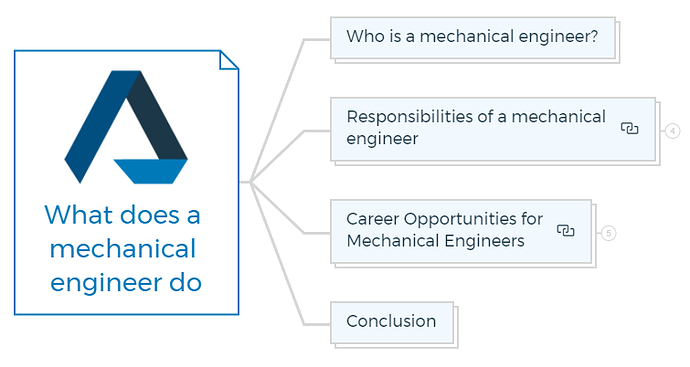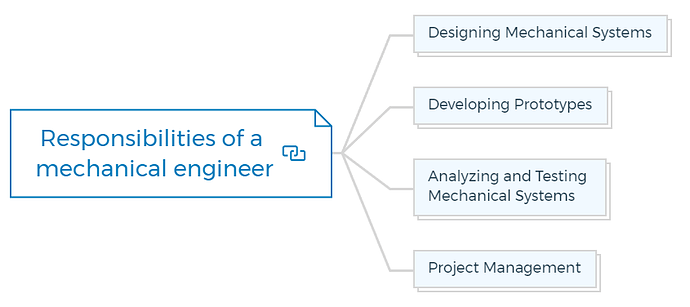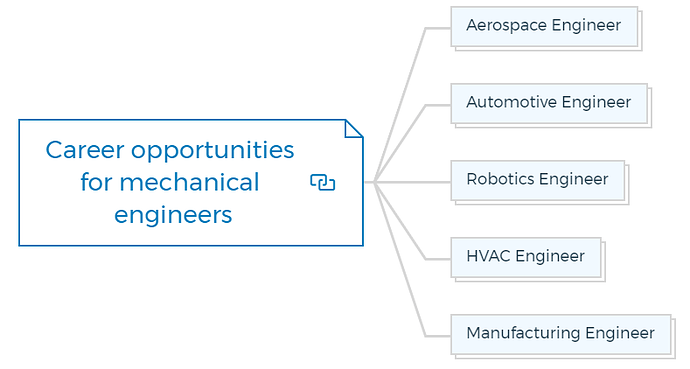What does a mechanical engineer do?
Mechanical engineering is a broad field that deals with designing, developing, and maintaining mechanical systems.
There is usually a mechanical engineer at the forefront of real estate development. In order for construction engineers to build homes and other structures, they must be confident that steel beams and girders are mechanically safe and secure in design and composition. Here is how a mechanical engineer can help you.
Who is a mechanical engineer?
A mechanical engineer is a professional who uses the principles of physics, material science, and mathematics to design, develop, and test mechanical systems.
Mechanical engineers develop and specify equipment. For residential purposes, it may include air conditioning, elevators, and mechanical ventilation in basements and bathrooms. If needed, the mechanical engineer’s plan will be included with the building permit application.
Mechanical engineers develop, provide engineered layouts, and service commercial and industrial businesses in construction. They develop sustainable buildings with innovative and energy-efficient infrastructure.
The mechanical engineering profession encompasses every area of energy efficiency to material and equipment selections by applying engineering concepts.
Mechanical engineers research and create new products and systems for commercial ventures to increase quality and performance.
You are missing out if you haven’t yet subscribed to our YouTube channel.
Responsibilities of a mechanical engineer
A mechanical engineer plays a significant role in industrial, manufacturing, energy, automotive, construction, and other industries.
Designing mechanical systems
One of the primary tasks of a mechanical engineer is to design mechanical systems. This could include anything from simple mechanisms, like a screw or a lever, to complex systems, like an automobile engine.
A mechanical engineer must deeply understand the principles of physics and material science to design efficient, durable, and safe systems.
They use computer-aided design (CAD) software to create 3D models of the systems they design, allowing them to test and refine the design before any physical work is done.
Developing prototypes
Once a design is created, a mechanical engineer will typically develop a system prototype. This involves constructing a physical system model to test its functionality and performance.
Mechanical engineers work closely with manufacturers and technicians to build and test prototypes, making adjustments as necessary to optimize the design.
Analyzing and testing mechanical systems
Mechanical engineers must also analyze and test mechanical systems to meet performance and safety standards.
This involves using specialized tools and software to simulate real-world conditions and test the durability and efficiency of the system. For example, a mechanical engineer might test the stress levels of a bridge under various load conditions or the aerodynamics of a car at high speeds.
Project management
Mechanical engineers are often involved in project management, overseeing mechanical systems’ design, development, and testing.
They work closely with other professionals, such as electrical engineers, software engineers, and project managers, to ensure projects are completed on time and within budget.
Mechanical engineers must also be able to communicate effectively with stakeholders, including clients, customers, and regulatory agencies.
Ultimate Getting-Started Guides To Property Development
Everything you need to get started in property development.
Includes 6 x detailed eBooks [159 pages]
✓ My Secret Property Development Process (42 Pages)
✓ Preparing For Your First Property Development Project (29 Pages)
✓ How To Choose Property Development Courses For Fast Results (24 Pages)
✓ What Does The Property Clock Say? (14 Pages)
✓ Property Market Cycle – Get In Or Get Out? (31 Pages)
✓ Bonus: Property Investment Strategies: Definitive Guide (19 Pages)
Career opportunities for mechanical engineers
Mechanical engineers are in high demand across many industries, including automotive, aerospace, energy, real estate, and manufacturing.
Some specific career opportunities for mechanical engineers include:
Aerospace engineer
Designing and developing aircraft, spacecraft, and other aerospace systems.
Automotive engineer
Designing and developing automotive systems, including engines, transmissions, and chassis.
Learn More
Robotics engineer
Designing and developing robots and robotic systems for various industries, including manufacturing, healthcare, and defence.
HVAC engineer
Designing and developing heating, ventilation, and air conditioning systems for buildings and other structures.
Manufacturing engineer
Designing and developing manufacturing processes and systems to optimize efficiency and quality.
Conclusion
Mechanical engineers play a critical role in designing, developing, and maintaining mechanical systems across various industries.
They use their physics, material science, and mathematics knowledge to create efficient, durable, and safe systems that meet performance and safety standards.
With many career opportunities available, mechanical engineering is an exciting and rewarding field.







